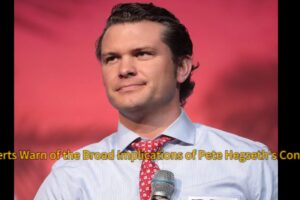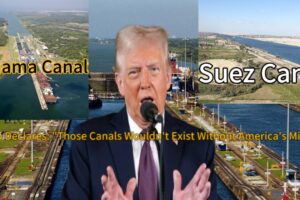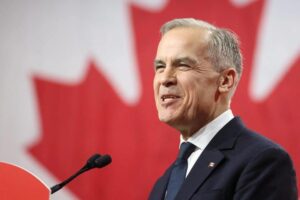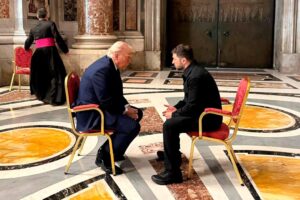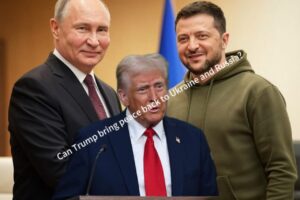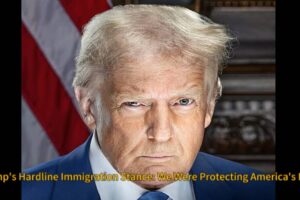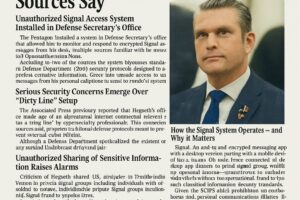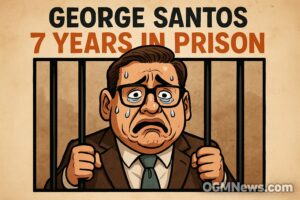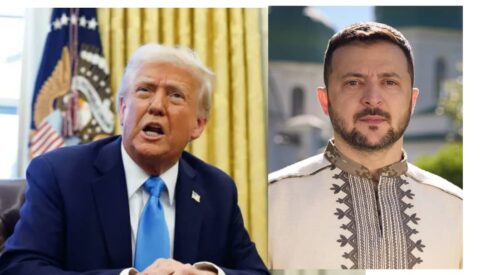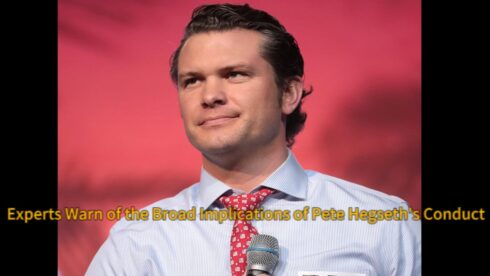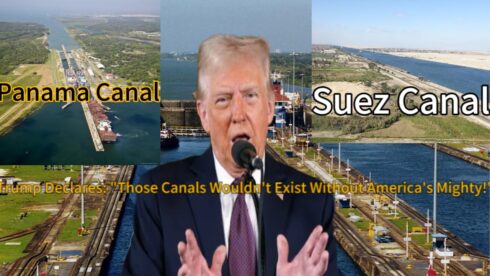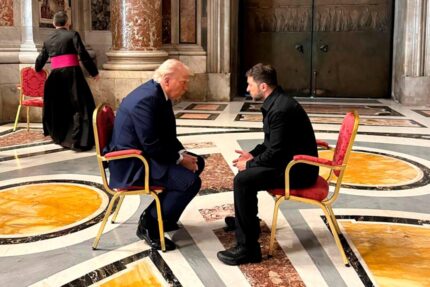During a recent interview with the BBC, U.S. President Donald Trump asserted that Russia holds a dominant position in potential peace negotiations to end the ongoing war in Ukraine. “I think the Russians want to see the war end, I really do. I think they have the cards a little bit, because they’ve taken a lot of territory. They have the cards,” Trump stated while aboard Air Force One.
Donald Trump’s remarks suggest that Russia’s territorial conquests provide it with leverage in any diplomatic resolution. This stance is likely to fuel concerns among Western allies and Kyiv, which has consistently emphasized that any peace deal must prioritize Ukraine’s sovereignty and territorial integrity. Trump’s comments come amid renewed discussions between the U.S. and Russia, held in Saudi Arabia, from which Ukraine was notably excluded.
Donald Trump Calls Zelensky a ‘Dictator,’ Clashes with European Leaders
The interview followed Trump’s sharp criticism of Ukrainian President Volodymyr Zelensky. Speaking at a Saudi-backed investment summit in Florida, Donald Trump referred to Zelensky as a “dictator”—a remark he later repeated on Truth Social. According to Donald Trump, Zelensky’s decision to postpone elections under martial law is a major concern. “He refuses to have elections. He’s low in the real Ukrainian polls. How can you be high with every city being demolished?” Trump said.
However, data from BBC Verify contradicts Trump’s claims about Zelensky’s popularity. A recent poll found that 57% of Ukrainians trust their president, significantly higher than Trump’s implied 4% approval rating. The “dictator” label quickly sparked criticism from European leaders, with German Chancellor Olaf Scholz calling Trump’s statement “wrong and dangerous.” UK Prime Minister Sir Keir Starmer reaffirmed his support for Zelensky in a private phone call.
Zelensky Hits Back: ‘Donald Trump is Living in a Disinformation Space’
Reacting to Trump’s remarks, Zelensky accused the former president of being influenced by Russian propaganda. “With all due respect to President Donald Trump as a leader… he is living in this disinformation space,” Zelensky said in response to the U.S.-Russia talks in Saudi Arabia. The Ukrainian president emphasized that any deal made without Ukraine’s involvement would lack legitimacy and fail to secure a lasting peace.
The high-level discussions in Riyadh marked the first direct meeting between U.S. and Russian officials since Moscow launched its full-scale invasion of Ukraine in February 2022. Ukraine’s exclusion from the talks has raised concerns that Washington and Moscow might negotiate a settlement without Kyiv’s input, potentially forcing concessions on Ukrainian territory.
Trump Blames Ukraine for the War, Sparks Outrage
Trump further inflamed tensions by suggesting that Ukraine was responsible for the war. “You should have never started it. You could have made a deal,” he said, implying that Kyiv had the opportunity to prevent the conflict. This assertion is in direct contrast to the widely accepted narrative that Russia instigated the war by invading Ukraine in 2022.
Trump’s stance has drawn sharp rebukes from Ukrainian officials and Western allies. European diplomats argue that Trump’s rhetoric undermines NATO’s efforts to support Ukraine and emboldens Russian aggression. Ukrainian Foreign Minister Dmytro Kuleba criticized the remarks, stating that blaming Ukraine for its own invasion “plays into Putin’s hands and jeopardizes global security.”
Russia’s Strategic Advantage and the Future of Peace Talks
Trump’s claim that Russia holds the upper hand in negotiations is rooted in the Kremlin’s military gains. Since the start of the invasion, Russian forces have seized large portions of eastern and southern Ukraine, including key cities like Mariupol and parts of the Donbas region. Moscow has also tightened its grip on Crimea, which it annexed in 2014.
However, analysts warn that territorial control alone does not guarantee a favorable peace deal for Russia. Despite its military advances, Russia has suffered significant battlefield losses, economic sanctions, and diplomatic isolation. The sustainability of any peace agreement will depend on whether Ukraine and its allies are willing to accept territorial concessions, something Kyiv has firmly rejected.
As the U.S. presidential election approaches, Trump’s foreign policy stance on Ukraine is likely to remain a contentious issue. His remarks reflect a stark contrast with the Biden administration’s unwavering support for Kyiv, highlighting the broader divide in American politics regarding the future of U.S. involvement in the conflict.

